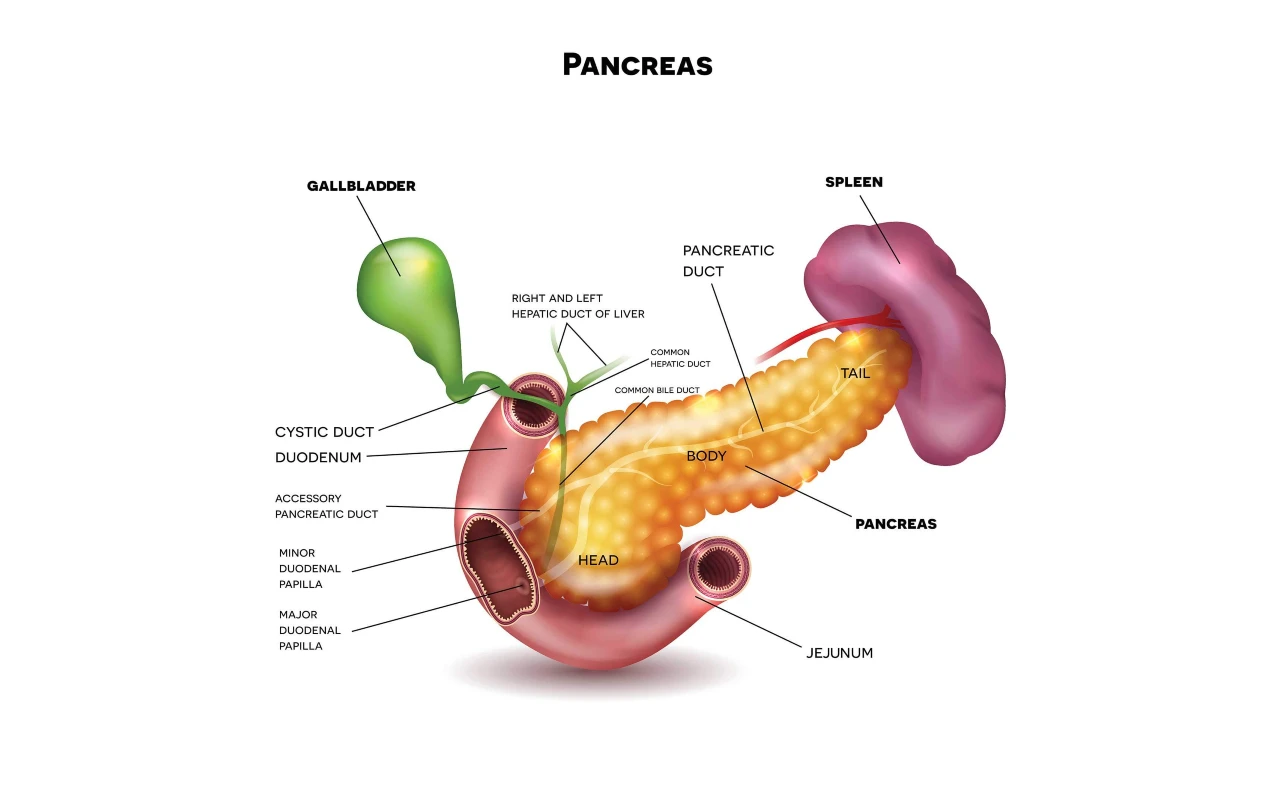Pancreatic cancer is one of the most aggressive and challenging cancers to treat, often diagnosed at advanced stages when treatment options are limited. While not all cases are preventable, there are several evidence-based steps you can take to significantly reduce your risk. But how can you avoid pancreatic cancer, and what lifestyle changes truly make a difference?
In this article, we’ll explore actionable strategies to help you lower your risk of developing pancreatic cancer. From dietary choices to understanding the role of genetics, we’ll cover everything you need to know. By the end, you’ll have a clear roadmap to protect your health and make informed decisions. Let’s dive in!
Understanding Pancreatic Cancer: Why Prevention Matters
Pancreatic cancer occurs when cells in the pancreas—a vital organ responsible for digestion and blood sugar regulation—grow uncontrollably. It’s often called a “silent killer” because symptoms like jaundice, weight loss, and abdominal pain typically appear only in later stages.
While some risk factors, such as age and family history, are beyond our control, research shows that up to 30% of pancreatic cancer cases are linked to modifiable lifestyle factors. This means you have the power to take proactive steps to reduce your risk.
How to Avoid Pancreatic Cancer: 7 Effective Strategies
1. Maintain a Healthy Weight
Obesity is a significant risk factor for pancreatic cancer. Excess body fat can lead to chronic inflammation and insulin resistance, both of which may contribute to cancer development.
- Actionable Tip: Aim for a balanced diet rich in fruits, vegetables, whole grains, and lean proteins. Combine this with regular exercise to maintain a healthy weight.
2. Quit Smoking
Did you know that smokers are twice as likely to develop pancreatic cancer compared to non-smokers? Tobacco contains harmful chemicals that damage the pancreas and other organs.
- Actionable Tip: If you smoke, seek support to quit. Resources like nicotine replacement therapy, counseling, and support groups can make the process easier.
3. Limit Alcohol Consumption
Heavy alcohol use is linked to chronic pancreatitis, a condition that increases pancreatic cancer risk. While moderate drinking may not pose the same threat, it’s best to limit intake.
- Actionable Tip: Follow the CDC guidelines—no more than one drink per day for women and two for men.
4. Eat a Cancer-Fighting Diet
Your diet plays a crucial role in cancer prevention. Certain foods have been shown to protect against pancreatic cancer by reducing inflammation and oxidative stress.
| Food Group | Examples | Benefits |
|---|---|---|
| Fruits & Vegetables | Berries, leafy greens, carrots | Rich in antioxidants and fiber |
| Whole Grains | Oats, quinoa, brown rice | Regulate blood sugar and reduce inflammation |
| Healthy Fats | Avocados, nuts, olive oil | Support cell health and reduce inflammation |
5. Stay Physically Active
Regular exercise not only helps maintain a healthy weight but also reduces inflammation and improves insulin sensitivity.
- Actionable Tip: Aim for at least 150 minutes of moderate-intensity exercise per week, such as brisk walking, cycling, or swimming.
6. Manage Chronic Conditions
Conditions like diabetes and chronic pancreatitis are associated with a higher risk of pancreatic cancer. Proper management of these conditions is crucial.
- Actionable Tip: Work with your healthcare provider to monitor and control blood sugar levels if you have diabetes. If you have pancreatitis, follow your treatment plan diligently.
7. Know Your Family History
While most pancreatic cancer cases are sporadic, about 10% are linked to inherited genetic mutations. If you have a family history of pancreatic cancer, consider genetic counseling.
- Actionable Tip: Discuss your family history with a healthcare professional to determine if genetic testing is appropriate.
The Role of Early Detection
While prevention is key, early detection can significantly improve outcomes. Unfortunately, there’s no standard screening test for pancreatic cancer in asymptomatic individuals. However, if you have a family history or other risk factors, your doctor may recommend regular monitoring.
- Symptoms to Watch For: Unexplained weight loss, jaundice, abdominal pain, and changes in stool color.
- When to See a Doctor: If you experience persistent symptoms, don’t wait—seek medical advice promptly.
Myths About Pancreatic Cancer Prevention
There’s a lot of misinformation out there, so let’s debunk some common myths:
- Myth 1: Only older adults get pancreatic cancer.
Fact: While risk increases with age, younger adults can also develop the disease. - Myth 2: Pancreatic cancer is always fatal.
Fact: Early detection and treatment can improve survival rates. - Myth 3: Supplements can prevent pancreatic cancer.
Fact: There’s no evidence that supplements reduce risk. Focus on a balanced diet instead.
Frequently Asked Questions (FAQs)
Q1: Can stress cause pancreatic cancer?
While stress isn’t a direct cause, chronic stress can weaken the immune system and contribute to unhealthy behaviors like smoking or overeating, which may increase risk.
Q2: Is pancreatic cancer hereditary?
In some cases, yes. Inherited genetic mutations account for about 10% of pancreatic cancer cases.
Q3: How common is pancreatic cancer?
Pancreatic cancer accounts for about 3% of all cancers in the U.S. but is responsible for nearly 7% of cancer deaths due to its aggressive nature.
Conclusion: Take Control of Your Health
Pancreatic cancer is a formidable opponent, but by adopting a healthy lifestyle, you can significantly lower your risk. From maintaining a healthy weight to quitting smoking and eating a nutrient-rich diet, every small change adds up. Remember, prevention is always better than cure.
